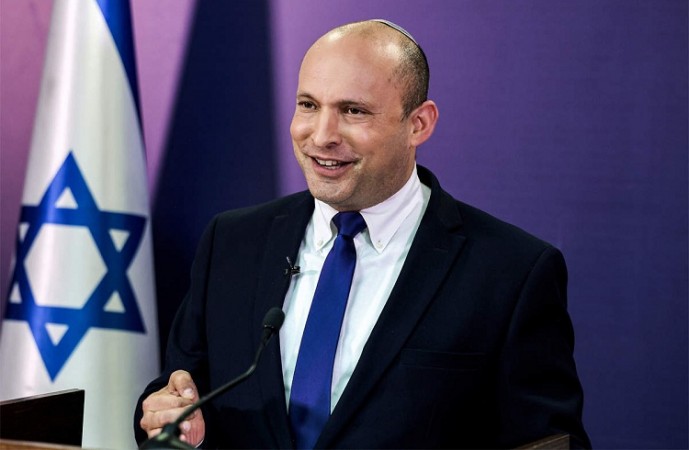
JERUSALEM: "Now we begin!" Israeli Prime Minister Naftali Bennett tweeted after securing an annual budget last week. After three years of political turmoil in Israel, the passage of the budget is seen as ensuring the government's survival. There is, however, more major work ahead for Bennett's government, which is made up of a very diverse coalition.
Bennett has a razor-thin majority in Israel's parliament, the Knesset. According to reports, disagreement rather than consensus is more likely to dominate possible issues, ranging from right-wing nationalists to the first Arab party to join a government.
"The budget was used as an excuse to postpone discussions on all other issues," said Gayle Tal Shir of the Hebrew University's Department of Political Science. "The government will now face significant challenges. There will be no silence in any direction." In the current coalition, underlying tensions are always present, and a variety of issues could bring them to the surface. However, with many of the coalition partners concerned about their political futures, it is unlikely that any of them will leave.
Construction of a Settlement The building of settlements in the occupied West Bank could put the fragile coalition to the test. The majority of the international community considers Jewish settlements in those areas to be illegal, and does not recognise Israeli sovereignty over East Jerusalem, despite the fact that Palestinians regard these areas as part of their future independent state.
Migrant caravan to skip Mexico City and travel directly to the US border
France announces that easing anti-Covid measures will be postponed
US House: More ExTrump executives to be subpoenaed by House panel on January 6